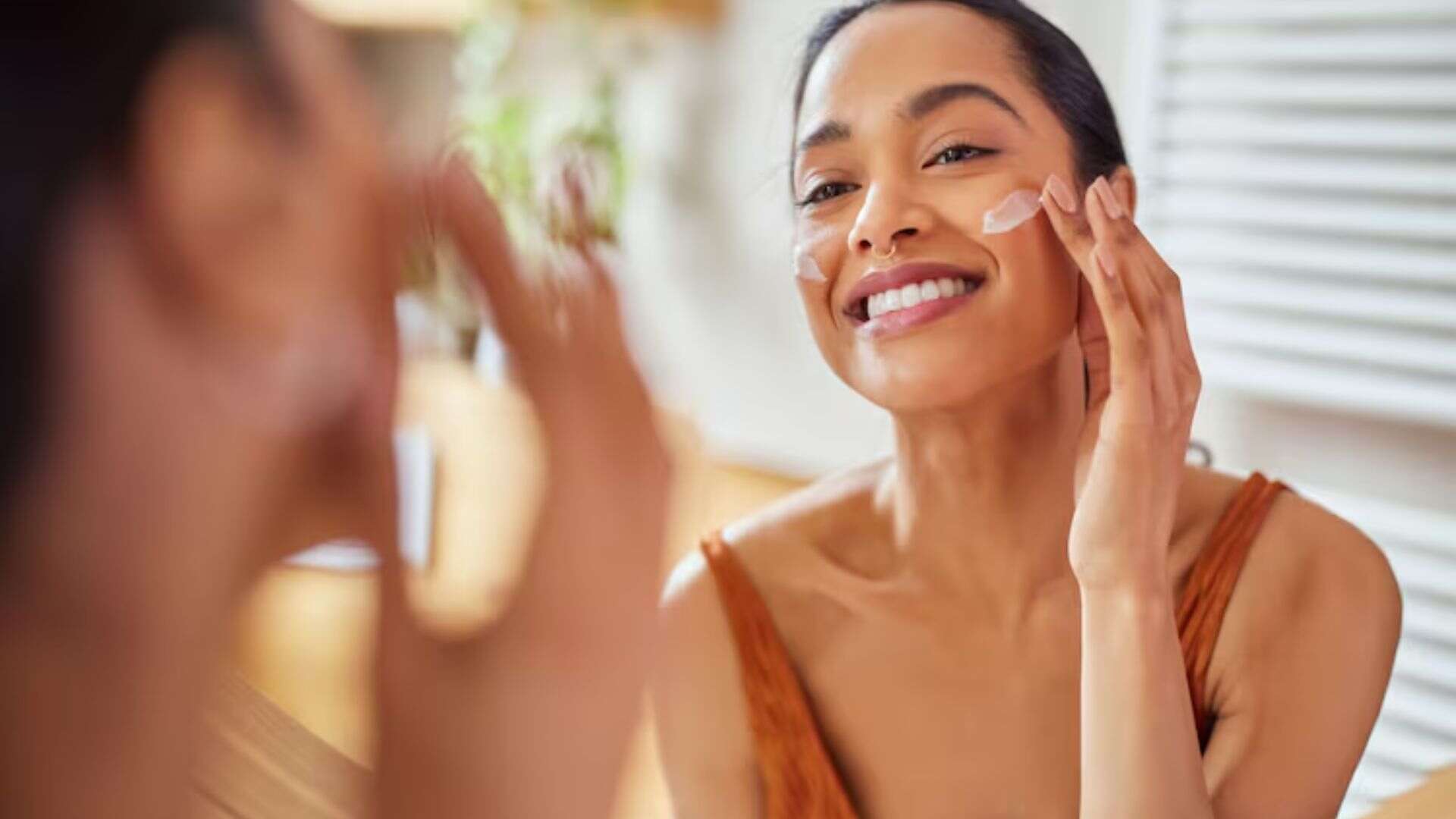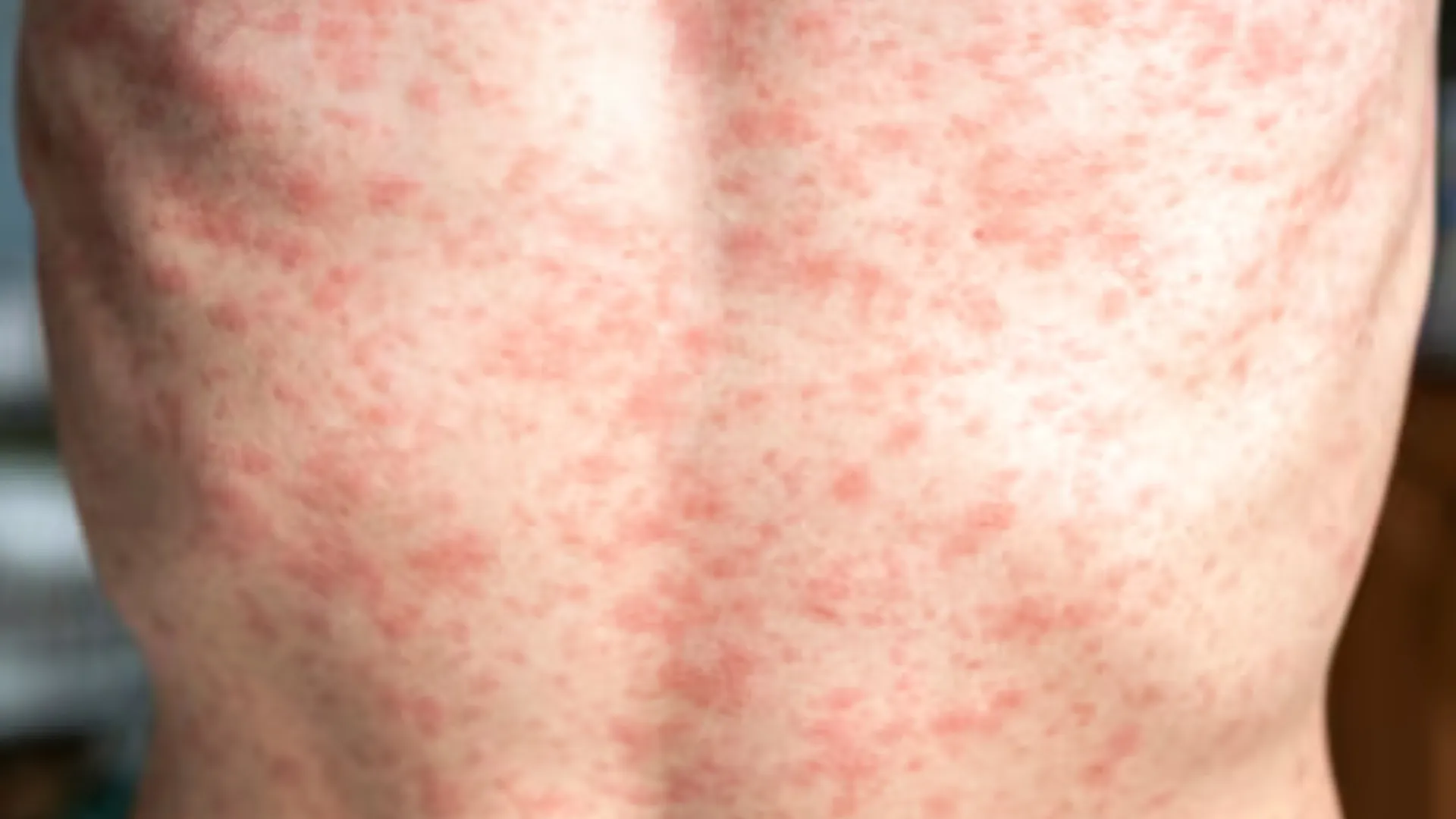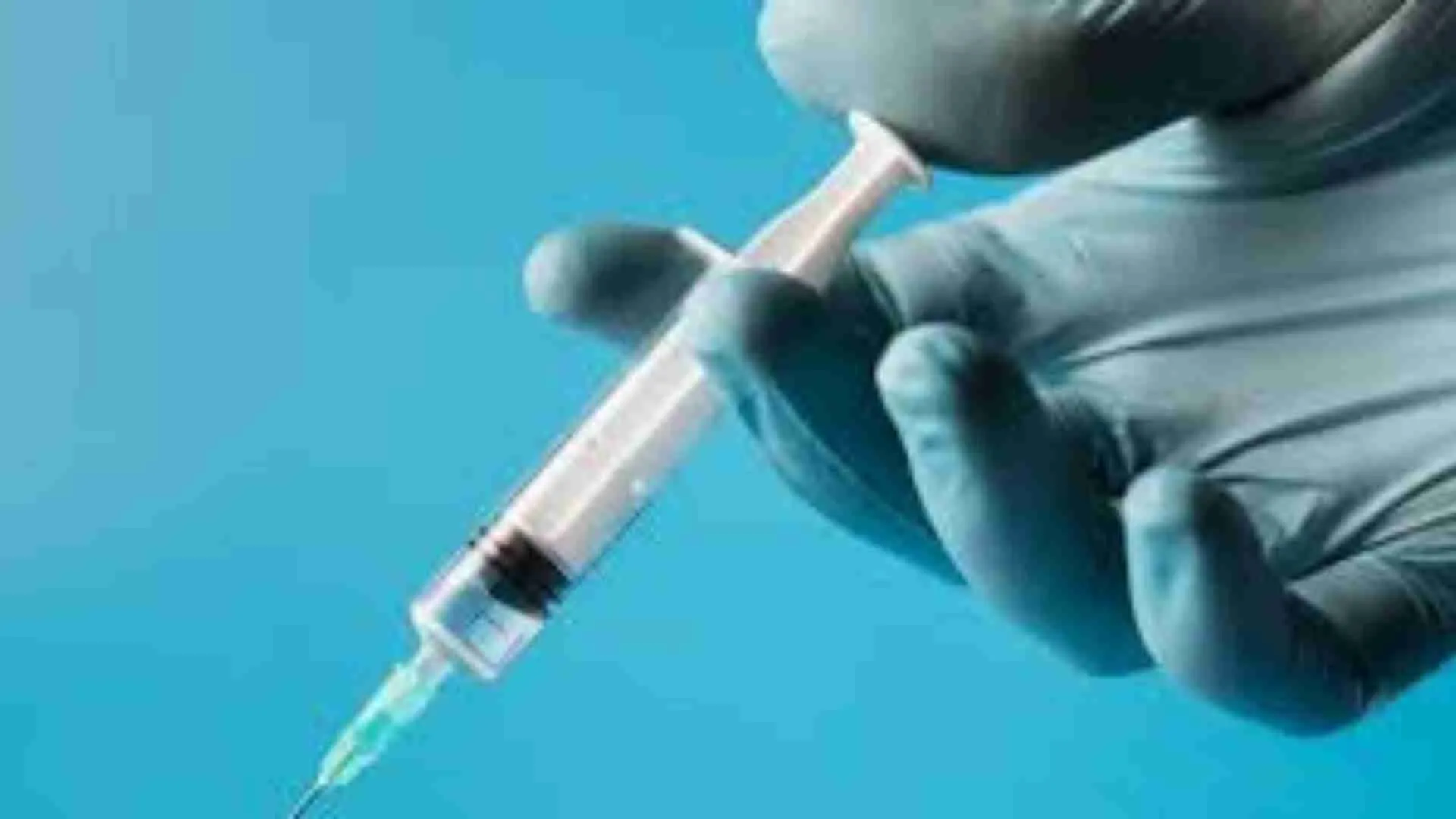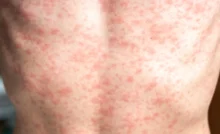Usually in summer seasons, customers continue to scratch their heads over which sunscreen brand is better or which moisturizer is better for their skin.
But this woman goes one step ahead and declares, that homemade items are better. Just like homemade coffee, homemade ice cream etc.
Another item has been added into homemade, which is sunscreen. Proving, that nowadays anything can be made at home.
Yes, there is indeed one woman named Nara Smith, the DIY influencer who made sunscreen at home.
After this video came under Internet’s radar, many got mad over this homemade recipe, with some even trying to make one.
Take A Look
But many question, whether a sunscreen made at home is safe or should one even indulge in it.
To give an answer to this question, check what dermatologists say. Speaking to India Today, the consultant dermatologist at CK Birla Hospital Dr Seema Oberoi Lall says, ‘It is a good thought if you cut the promise of sunscreen from it, to combine certain homemade ingredients to make a good emollient or a good moisturizer. But to think of it as a sunscreen and depend on it to protect yourself is, of course, not a good idea.’
Another dermatologist Dr DM Mahajan, who is senior consultant of dermatology at Indraprastha Apollo Hospital said, even though homemade sunscreen continues to become popular among users, but their ‘efficacy’ and ‘safety’ continues to remain a concern.
‘While the idea of using natural ingredients is appealing, it is crucial to prioritise skin safety and rely on products that have been scientifically validated,’ said Dr Mahajan.
As per Dr Mandeep Singh, who is a head of head of department, plastic, dermatology, and cosmetic surgery at Paras Health, that even though Zinc oxide is present in homemade sunscreen and has the potential to provide sun protection, but the effectiveness of homemade sunscreen is ‘questionable.’
As per Dr Mahajan, even if these ingredients can create sunscreen with moisturizing and barrier-forming properties, but its usage will continue to be questionable.
Doctors also assert that only precise measurements, specialized equipment and proper testing protocol can critically determine SPF value at home.
Dr Lall also agrees with similar point saying, ‘I don’t think these ingredients can together make sunscreen. In labs, we do have micronized zinc oxide. But then, if you combine it with so many emollients, the product will turn out to be very greasy.’
Should People Make Their Own Sunscreen?
But the burning question, should people go-ahead and make their own sunscreen. According to doctors, the answer is no.
They cite multiple arguments to back their answer. First, without tests, these homemade sunscreens pose a huge risk of sunburn, premature ageing and skin cancer.
Second, its improper formulation can potentially cause skin irritation or can trigger allergic reactions.
and lastly, these commercial sunscreen brands undertake rigorous testing to get SPF (sun-protection factor) rating.










